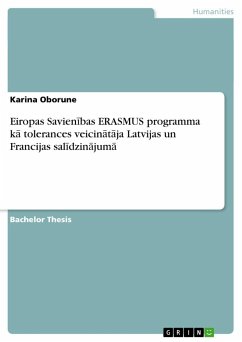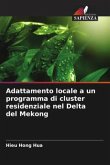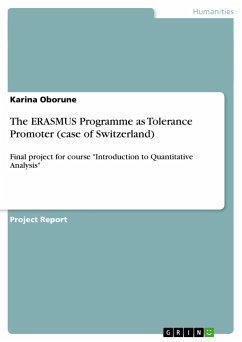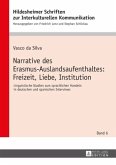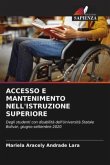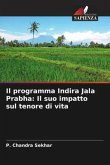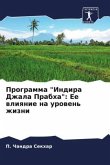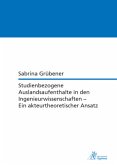Bachelor Thesis from the year 2008 in the subject Sociology - Politics, Majorities, Minorities, grade: A+, University of Latvia, language: Latin, abstract: Bachelor thesis ¿The ERASMUS Programme of European Union as the Promoter of Tolerance Comparing Latvia to France¿ draws attention to one of the most successful examples of European integration and symbols of construction of European identity ¿ ERASMUS programme. There was brought forward issue is the ERASMUS Programme of European Union promoter of tolerance. For giving the response to given issue, the main aim of bachelor thesis was to do research on ERASMUS programme comparing the experience of students of Latvia to France. The author put forward following hypothesis ¿ the ERASMUS programme of European Union promotes tolerance on the basis of encouraging multicultural experience, intercultural education, diminishing social distance, breaking stereotypes, furthering confidence and overtness. Through analysis of cognitions of D. Heyd, S. Lowy, I. Apine, L. Ose and other researchers author has drafted definition of tolerance ¿ tolerance is desire, ability and action, it is honouring through co-operating and not showing prejudices against the member of the other culture. One of the most significant tasks of the thesis was analysis of ERASMUS programme in the context of history and European integration theories ¿ neofunctionalism and liberal intergovernmental approach. Author of the thesis concludes that the commencement period of the formation of ERASMUS programme can be explained by both integration theories. Through analysis of questionnaires (quantitative method) of respondents of University of Latvia (UL) and Institut d¿ Etudes Politiques (IEP) in the empirical part of bachelor thesis author came to conclusion that ERASMUS programme (on the basis of multicultural experience and intercultural education) has promoted overtness and confidence in students, diminishing social distance and encouraging the breaking of stereotypes during exchange that, in its turn, is indicative of tolerance promotion. Comparing the handed responses of respondents of UL and IEP, author has deduced that the role of promoting tolerance was less inherent to students of IEP than UL, in its turn, the formation of stereotypes was more inherent to students of UL. Through analysis of partly structured and structured interviews (qualitative method), both experts of ERASMUS programme and tolerance indicated that one of the aims of ERASMUS programme is promoting tolerance and intercultural education.

